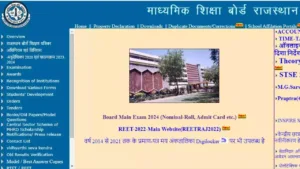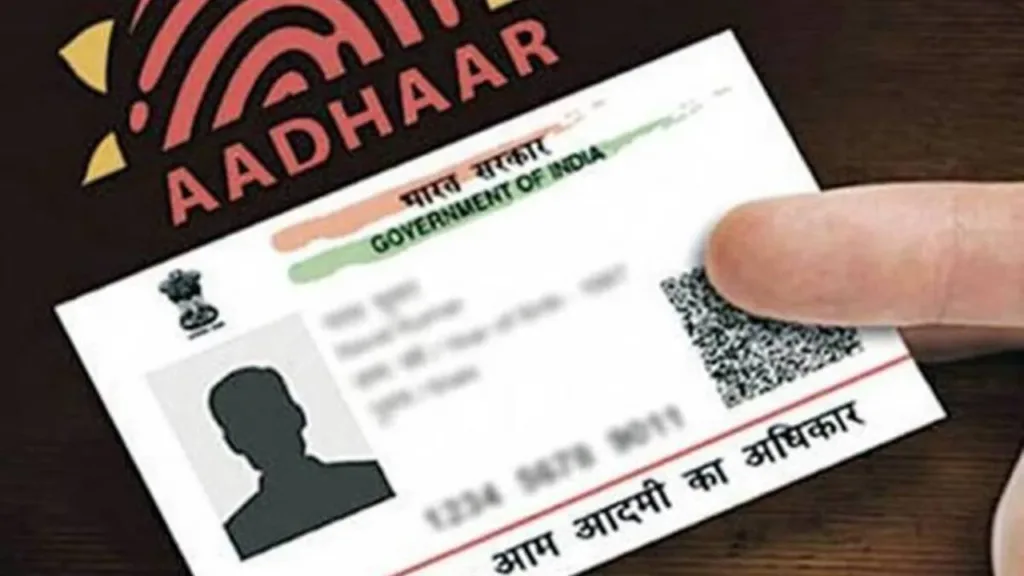Have you ever received a message on WhatsApp offering you the chance to earn quick and easy money by simply liking YouTube videos? Sounds too good to be true, right? Well, guess what? It absolutely is. These messages are part of a cunning scam that preys on unsuspecting users.
In this article, we’ll delve into the world of these WhatsApp scams, understand how they work, and equip you with the knowledge to protect yourself from falling victim to their deceptive tactics.
The Lure of Easy Money: How the Scam Works
The scammers typically use unknown international numbers to contact you on WhatsApp. They’ll paint a rosy picture, offering a work-from-home opportunity where you can earn a small sum (like Rs 150) for simply liking a few YouTube videos. This initial offer is designed to be enticing, playing on the desire for a quick and effortless way to make some extra cash.
Once you express interest, they might ask you to join a group chat, often on Telegram, where they’ll “manage” a larger pool of victims. Here’s where things get more complicated. They might initially credit your account with the promised amount after you like the videos and send screenshots as proof. This serves two purposes:
- Building Trust: By actually paying you a small amount, they gain your trust and make the scam seem legitimate.
- Encouraging Greed: The initial payout fuels your desire to earn more, making you more susceptible to their future manipulations.
The Bait and Switch: How the Scam Tightens its Grip
After the initial “success,” the scammers will introduce new “requirements” to earn bigger bucks. These might involve:
- Liking a much larger number of videos: The initial few videos were just a taste. Now, they’ll pressure you to like dozens, or even hundreds, of videos.
- Subscribing to specific channels: These channels might be irrelevant to your interests and could be promoting low-quality content.
- Sharing the “opportunity” with your contacts: This expands their reach and allows them to target more victims.
Here’s the real kicker: even after completing these additional tasks, the promised larger payout might never materialize. They might invent excuses like processing delays or minimum earning thresholds (that you’ll never reach).
Protecting Yourself from WhatsApp Scams: Be Aware, Be Smart
Now that you understand the workings of this scam, here are some crucial tips to safeguard yourself:
- Be Wary of Unsolicited Offers: If someone you don’t know contacts you with a work-from-home opportunity that seems too good to be true, it probably is.
- Do Your Research: Never blindly trust messages offering easy money. Research the company or platform mentioned. A genuine company will have a legitimate website and a positive online reputation.
- Never Share Personal Information: Scammers might ask for your bank details or login credentials under the pretense of processing payments. Never provide such information to unknown individuals or platforms.
- Report and Block: If you receive a suspicious message, report it to WhatsApp and block the number immediately.
- Spread Awareness: Educate your friends and family about these scams to help them avoid falling prey.
Remember, if something seems too good to be true, it most likely is. By staying vigilant and following these tips, you can protect yourself from these WhatsApp scams and keep your hard-earned money safe.
Don’t Let Scammers Get Away With It
If you’ve unfortunately been a victim of this scam, there are steps you can take:
- Report the Scam: Report the incident to WhatsApp and consider filing a police complaint.
- Change Passwords: If you’ve shared any login credentials with the scammers, change your passwords immediately.
- Monitor Your Accounts: Keep an eye on your bank statements and online accounts for any suspicious activity.
By taking action, you can help prevent others from falling victim to these scams and bring the perpetrators to justice.
Stay safe and keep your guard up online!














